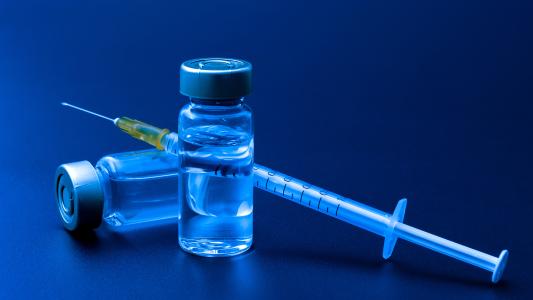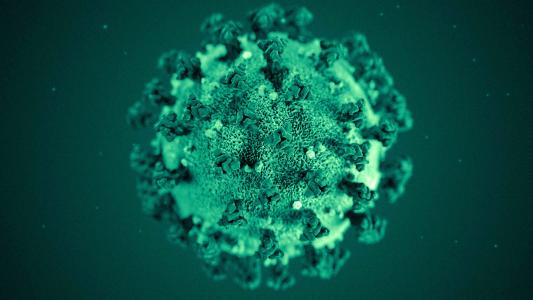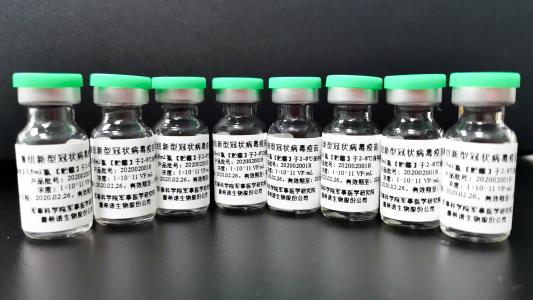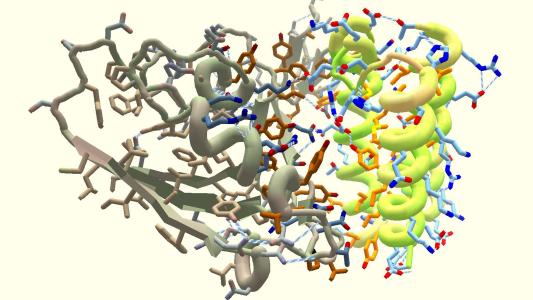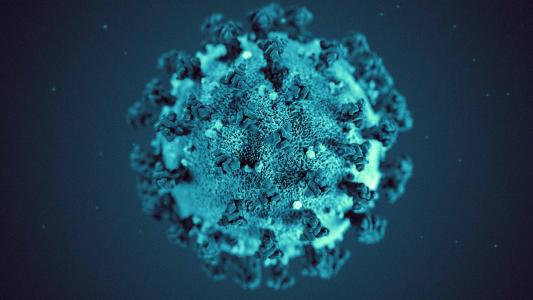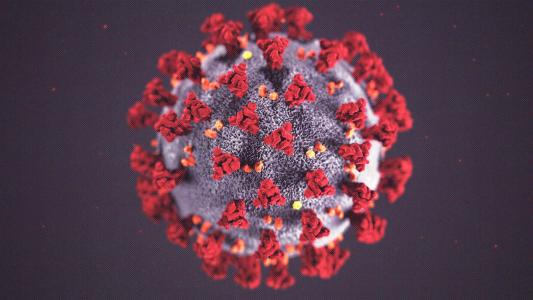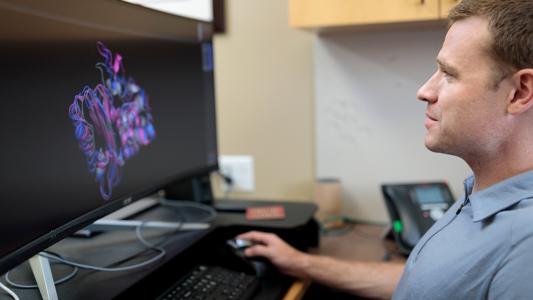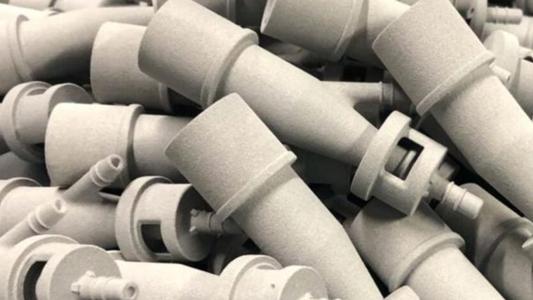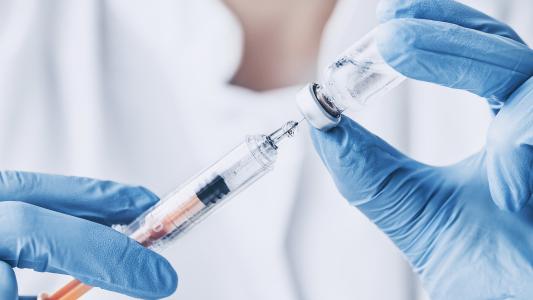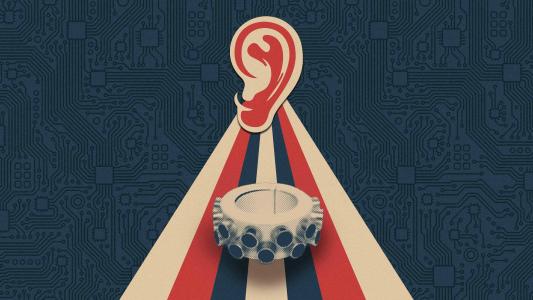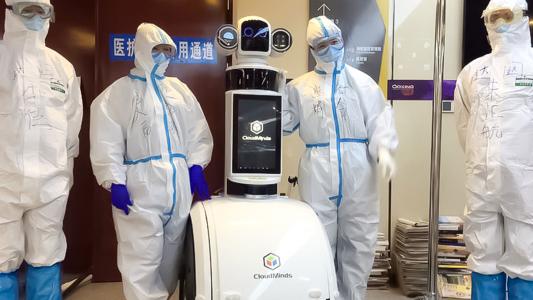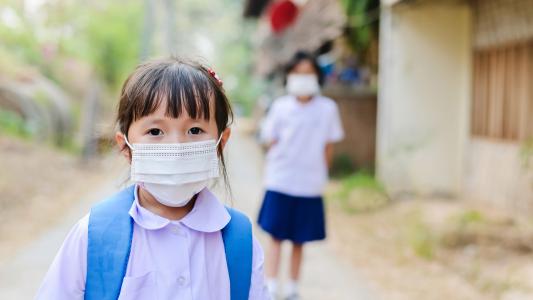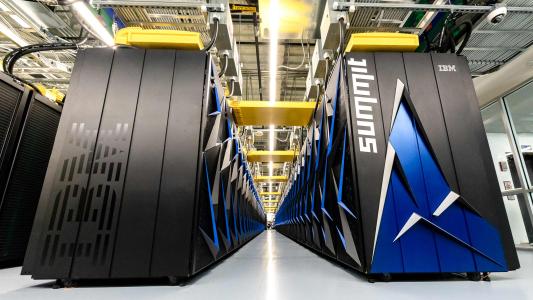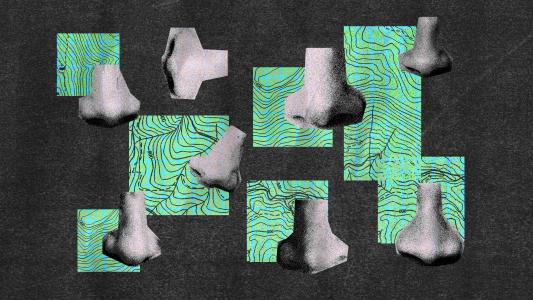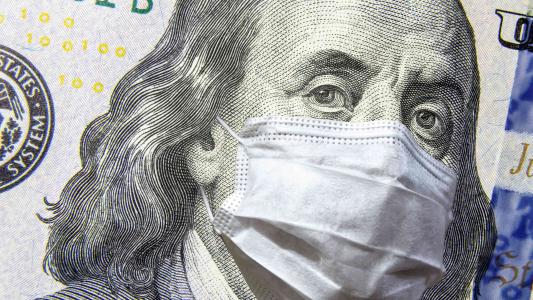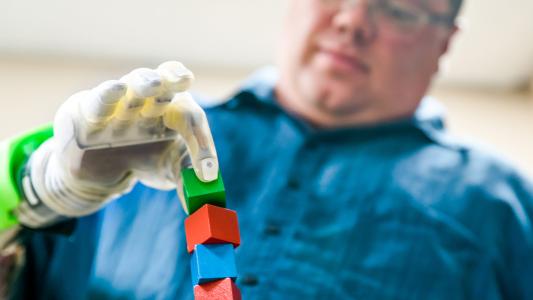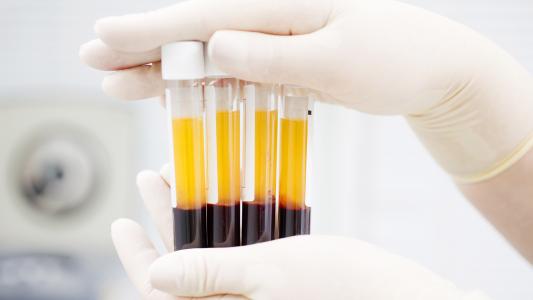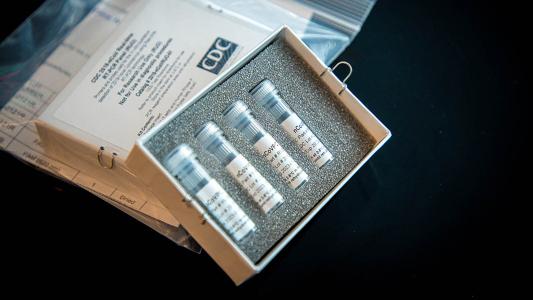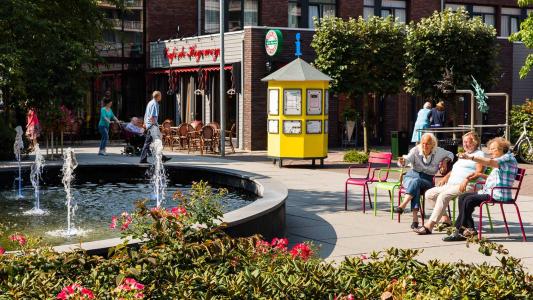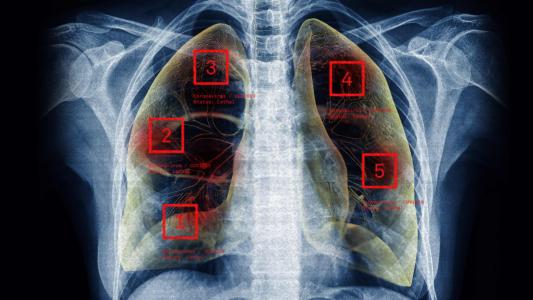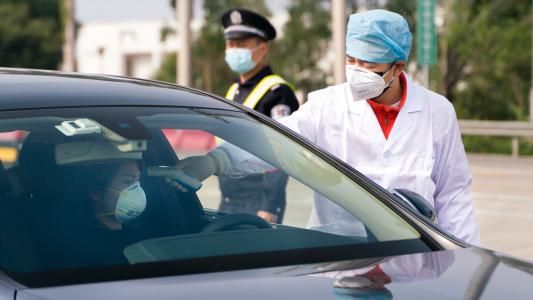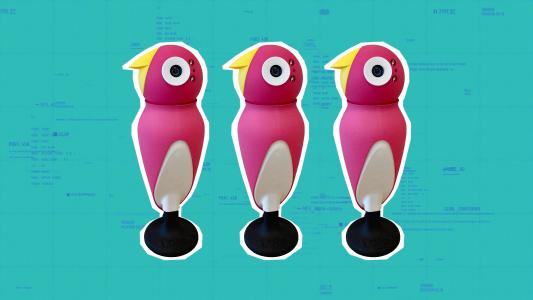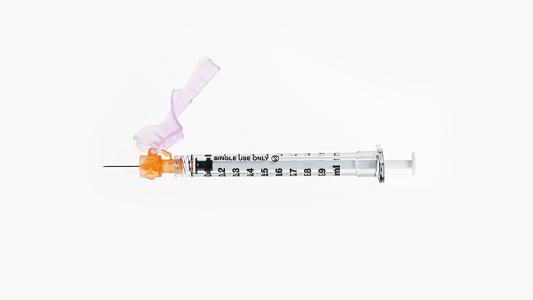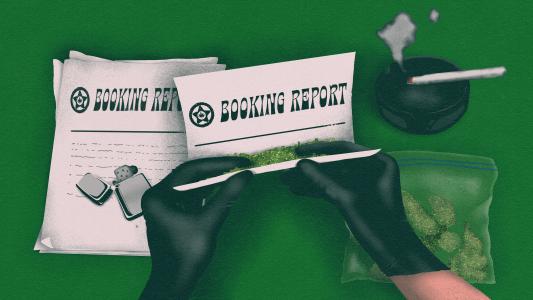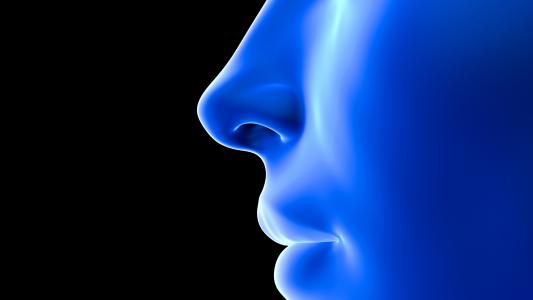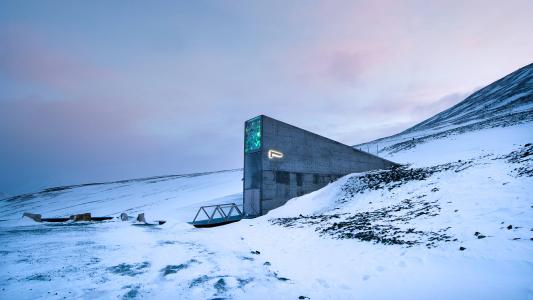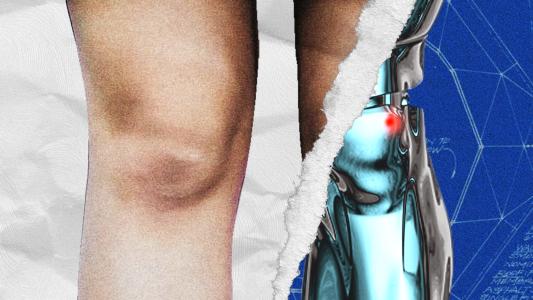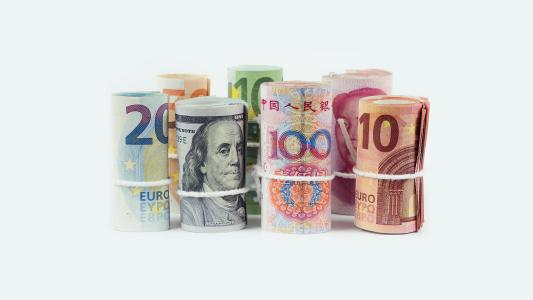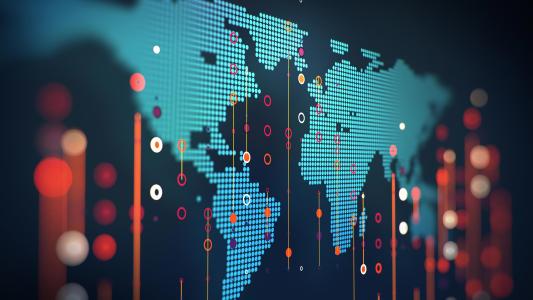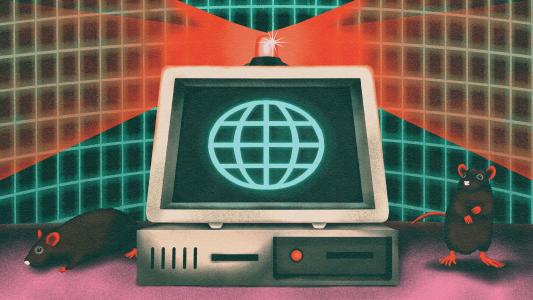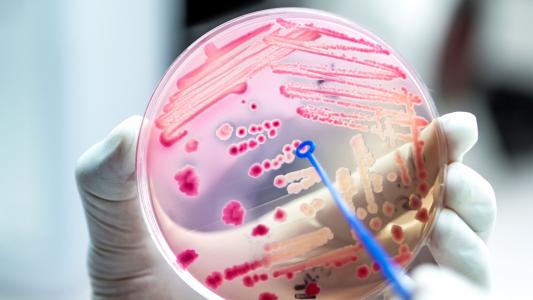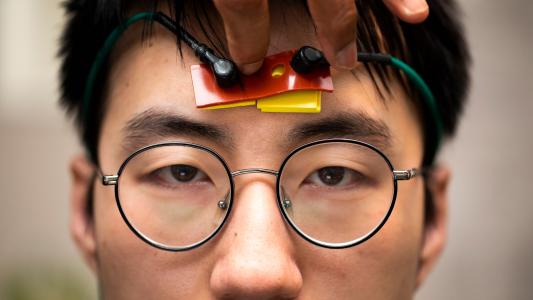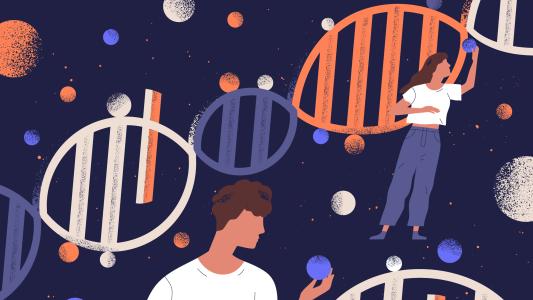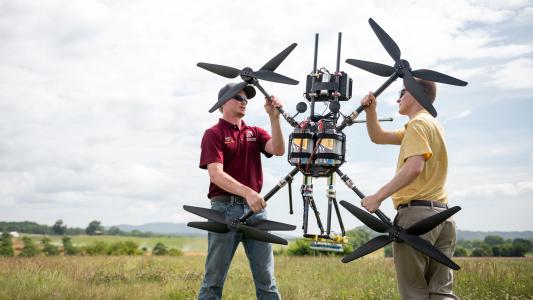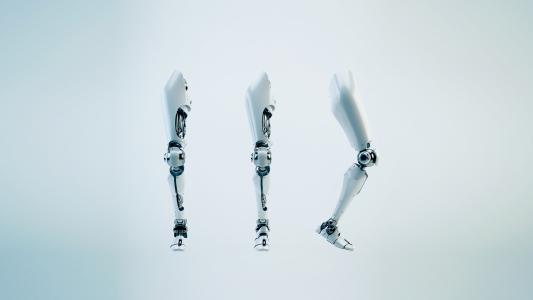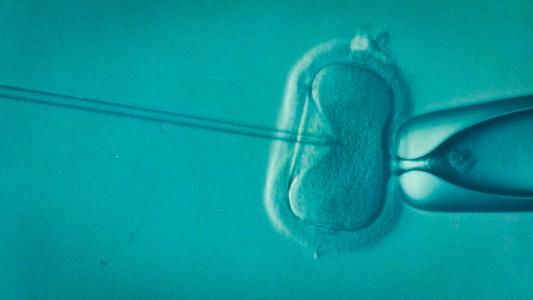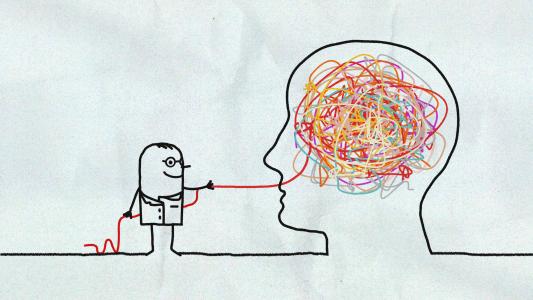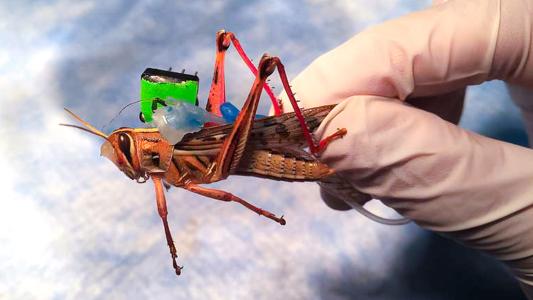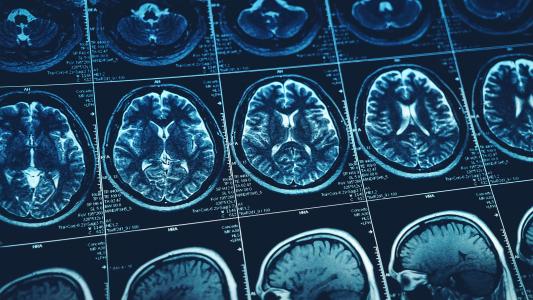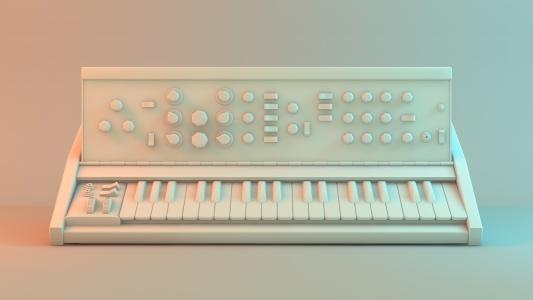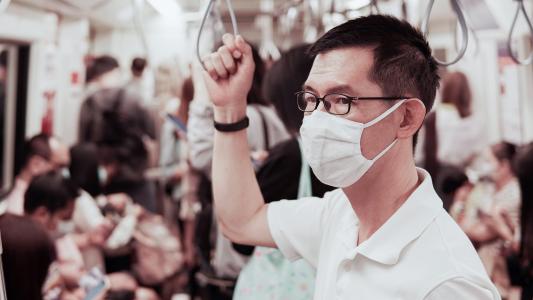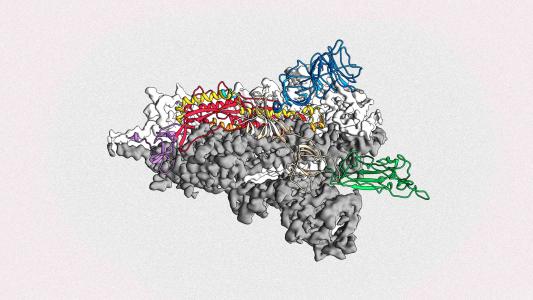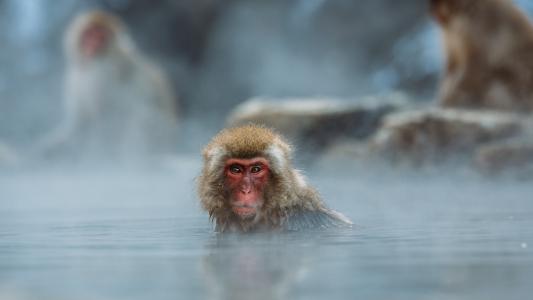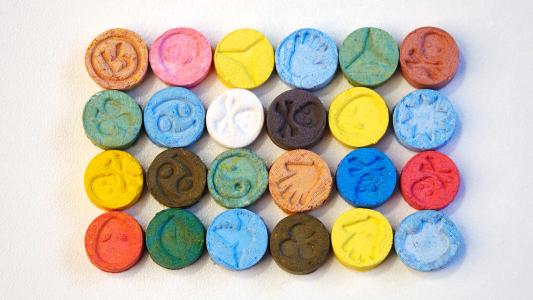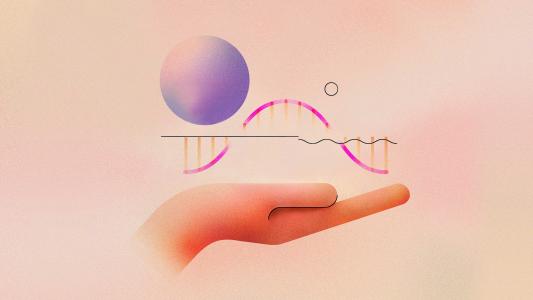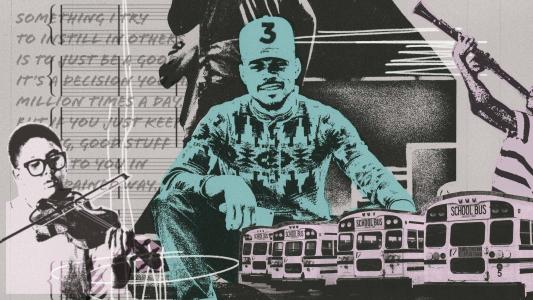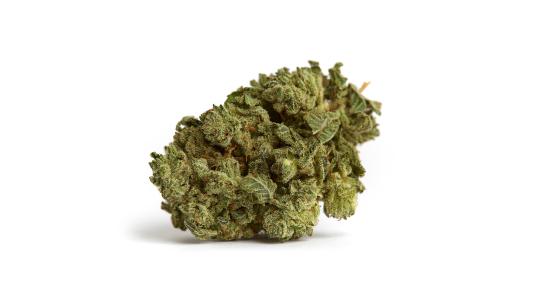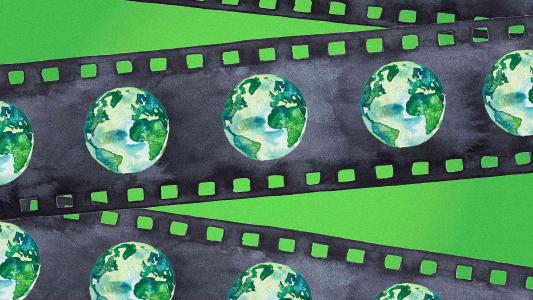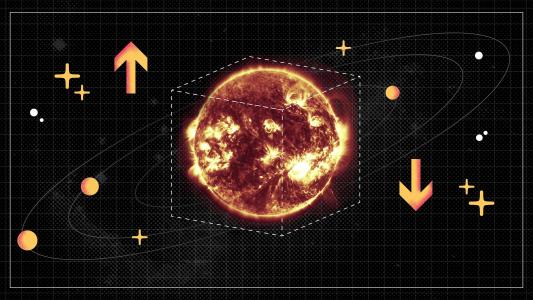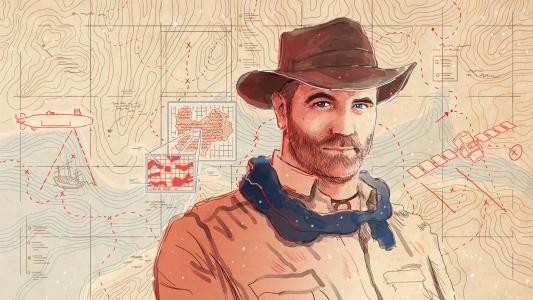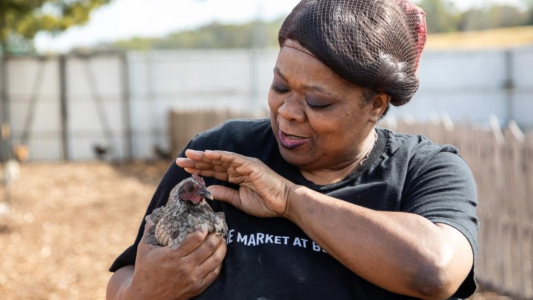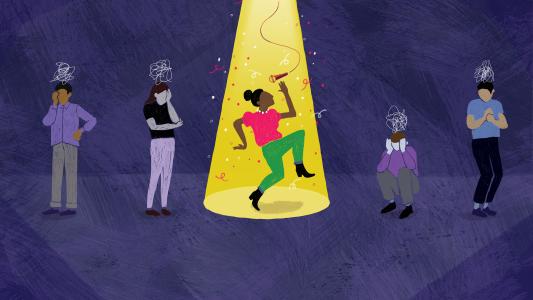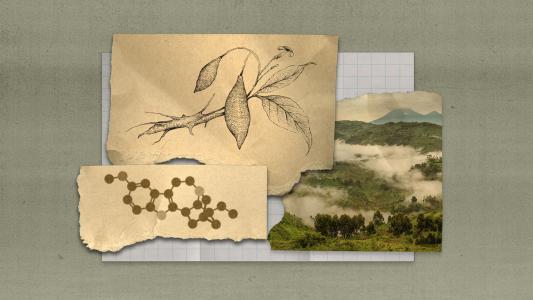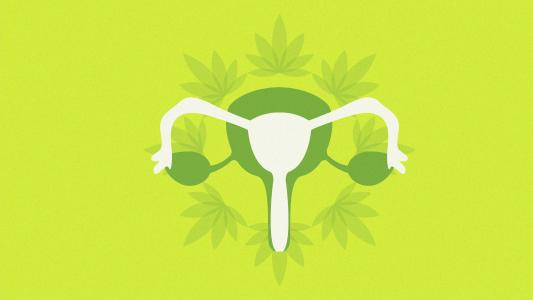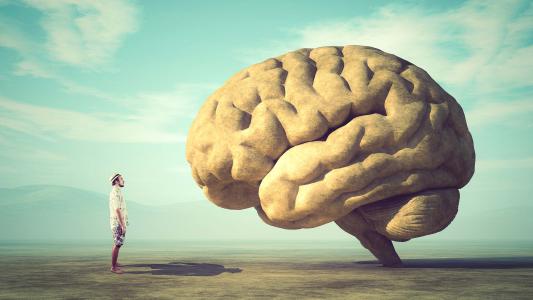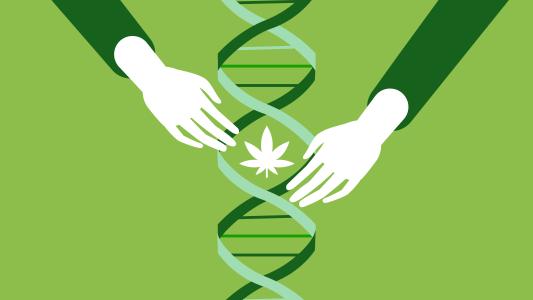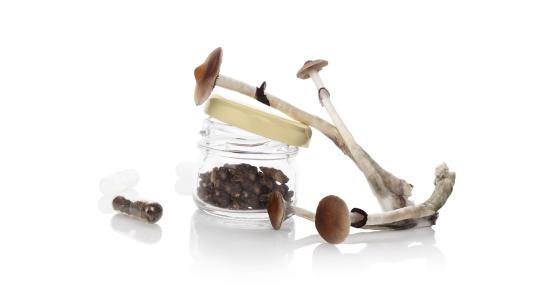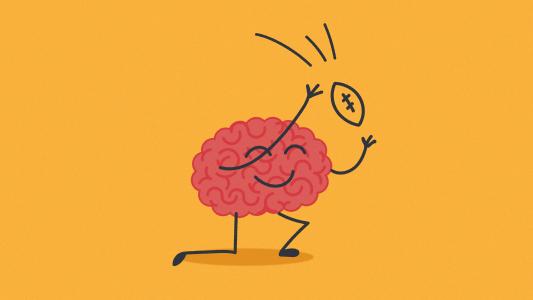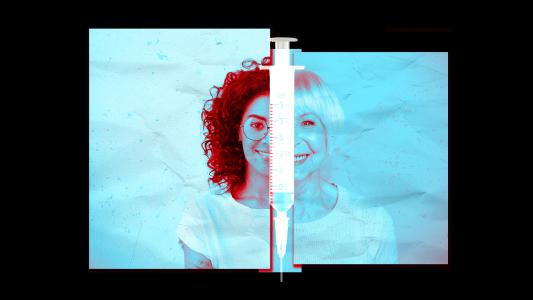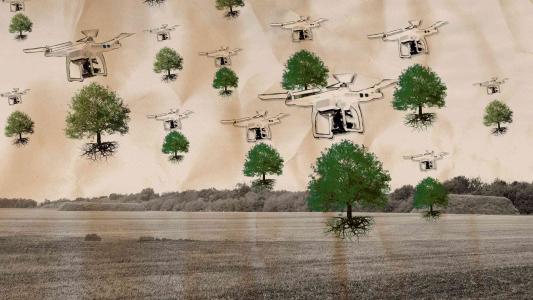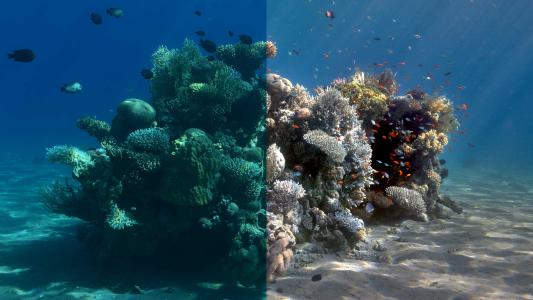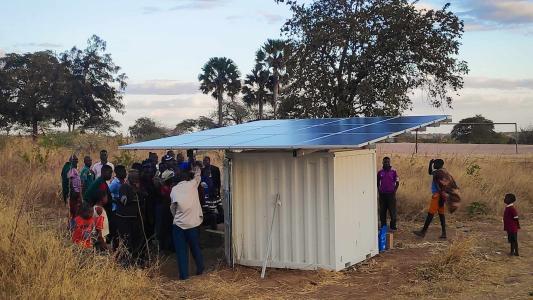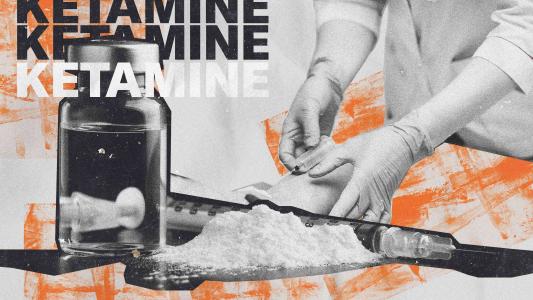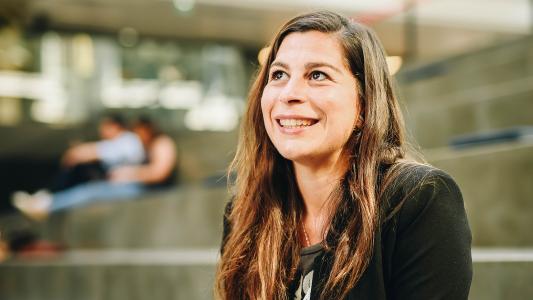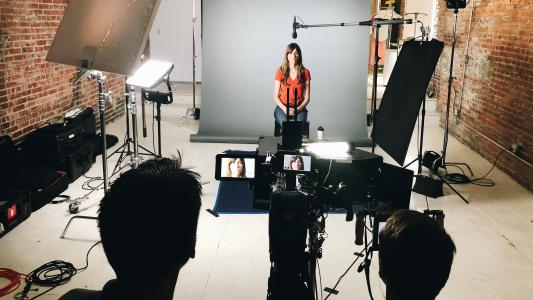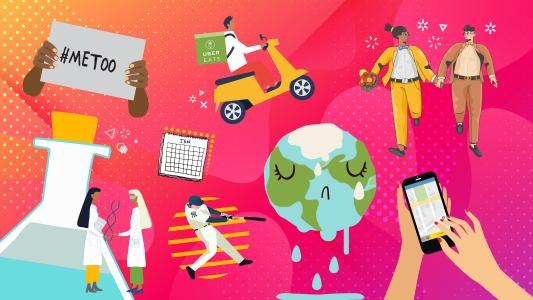Flu drug may be an effective new coronavirus treatment
The Japanese flu drug favipiravir is an effective and safe new coronavirus treatment, Chinese officials claim after testing it on 340 patients.
The daily coronavirus news roundup – monday, march 23rd
Solutions to the mask shortage, a massive vaccine and treatment list, and other fresh coronavirus news updates.
Your voice could help train an AI to detect coronavirus
The Corona Voice Detect project is developing an AI-powered system to detect coronavirus infections based on a sample of a person’s voice.
The hidden history in the Notre Dame attic
Studying the scarce, centuries-old logs that remain from the Notre Dame attic will help scientists reconstruct medieval climate data to see if temperatures were ever this high.
Here is every potential coronavirus treatment and vaccine
Across the globe, researchers are scrambling to find a coronavirus treatment or vaccine that could bring the COVID-19 outbreak to a swift end.
Crowdsourcing the seed for coronavirus antiviral medications
Foldit players are solving a protein structure puzzle that could help kickstart coronavirus antiviral medications.
The daily coronavirus news roundup – friday, march 20th
Each day, Freethink publishes the “Coronavirus Roundup,” a collection highlighting the latest must-read COVID-19 stories from us and others.
FDA to begin testing chloroquine as coronavirus treatment
The FDA has announced plans to begin testing chloroquine, an anti-malaria drug, as a potential treatment for the novel coronavirus behind COVID-19.
How a paralympic swimmer helps advance AI bionic limbs
Morgan Stickney shares about her experimental Ewing amputations and training for the 2024 Paralympics.
An epidemic of false confidence related to COVID-19
To distinguish between the most optimistic and pessimistic pandemic scenarios, we need to measure how many people have developed an immunity to the virus.
Private sector stepping up to combat COVID-19
Cosmetics companies and distilleries are making hand sanitizer and the UK asks manufacturers to make ventilators as the private sector responds to the pandemic.
Our spare computer is helping fight coronavirus. yours can, too.
Help fight the coronavirus by donating your spare computing power to Folding@home, which will use it to run valuable protein-folding simulations.
24/7 solar power is on the horizon
Researchers at the Air Force Research Laboratory are planning new solar power tech that collects energy in outer space and laser-beams it back to Earth.
How to improve shopping for the elderly during a pandemic
To improve shopping for the elderly during the coronavirus pandemic, stores have set “seniors-only” hours, while volunteers deliver supplies for free.
Experts are 3D printing coronavirus supplies for hospitals
After an Italian firm 3D printed in-demand coronavirus supplies for a hospital, others in the community were inspired to offer their own help.
First coronavirus vaccine is ready for human testing
The experimental coronavirus vaccine, mRNA-1273, began human testing on March 16, several weeks ahead of expectations.
Hey Alexa, quit eavesdropping
Researchers at the University of Chicago have developed an ultrasonic audio jammer that doubles as a fashion accessory.
The coronavirus hospital staffed by robots
A robot-run coronavirus hospital in Wuhan, China, is just one remarkable example of how technology is helping combat the global COVID-19 outbreak.
What is protecting kids against the coronavirus?
Something is protecting kids against the coronavirus, and researchers want to figure out what it is so they can use it to develop a treatment.
World’s fastest supercomputer finds 77 drug candidates that could help battle COVID-19
The Summit supercomputer made quick work of complicated simulations to identify 77 compounds that could be promising COVID-19 treatments.
‘Seeing’ the world through smell
Kate McLean wants you to navigate your world by its smells, and is creating unique maps of cities by their scents.
More than $1 million in prizes for coronavirus solutions
Emergent Ventures is awarding more than $1 million in coronavirus prizes to people who make significant progress in combating COVID-19.
Open-sourcing the blueprints for a nuclear power plant
The Energy Impact Center has open-sourced nuclear power plant blueprints in an attempt to encourage the adoption of eco-friendly nuclear energy.
Developing a better mind-controlled prosthetic hand
This new technique allows a person to control their prosthetic hand precisely and in real-time by amplifying the nerve signals from their residual limb.
Blood plasma from coronavirus survivors could save lives
A drug company is using the blood plasma of coronavirus survivors to develop a treatment for those still battling the disease.
Coast-to-coast in 30 minutes: solving the physics of hypersonic flight
Researchers are solving big design challenges of hypersonic flight with a surprisingly small wind tunnel, and it could revolutionize commercial air travel.
Gates Foundation funds at-home coronavirus testing project
The Gates Foundation is funding an at-home coronavirus testing project in Seattle, with the goal of testing thousands of people for COVID-19 daily.
Reminiscence therapy is helping seniors at “dementia villages”
At a growing number of “dementia villages,” staff members use reminiscence therapy to help seniors return to a time when they felt happy and safe.
AI can detect coronavirus infections far faster than humans
New artificial intelligence systems can detect coronavirus infections far faster than human doctors and could help end the COVID-19 outbreak.
US’s first drive-thru coronavirus clinic opens in Seattle
A Seattle hospital system has opened a drive-thru coronavirus clinic, a place where people can be tested for COVID-19 without leaving their cars.
AI device helps wheelchair users control their world
These assistive devices are equipped with 360 cameras and eye-tracking technology to help those with mobility and speech impairments find independence.
New study into how tornadoes form could save lives
To improve our understanding of how tornadoes form, researchers involved in the TORUS Project will send tech straight into supercell thunderstorms.
Changing flight altitudes could help minimize contrails
A study found that flying a small percentage of planes at slightly different altitudes could significantly decrease contrails, a global warming contributor.
This adjustable heart valve would grow as a child ages
A new, prototype artificial heart valve can adjust to a child’s growing body, potentially sparing them from multiple open-heart surgeries before adulthood.
Safe injection sites are legal, US court rules
A U.S. judge has ruled that safe injection sites, places where users can consume drugs under medical supervision, don’t violate federal drug laws.
Algorithm clears thousands of marijuana convictions in just one minute
With this new system that identifies candidates for criminal record clearance and even auto-fills forms, offenders don’t even need to apply.
“Electronic nose” can detect a cancer precursor on patients’ breath
A new study found that an electronic nose could be an improved screening tool for Barrett’s esophagus, a precursor to esophageal cancer.
"Doomsday" seed vault now contains over 1 million samples
Norway's Svalbard Global Seed Vault, also known as the “Doomsday” Vault, now contains more than one million varieties of seeds from across the globe.
Building an artificially intelligent, open-source prosthetic leg
We've come a long way since the first prosthetic leg, and "smart" limbs, equipped with computing capabilities and...
Why aren’t the World Bank’s pandemic bonds helping fight COVID-19?
The World Bank sold pandemic bonds to address global health emergencies, but it has yet to release any of the money to help fight the COVID-19 outbreak.
Data scientists are making it easier to track COVID-19
Teams of computer scientists across the globe are working tirelessly to help track COVID-19 through the use of computer modeling and data dissemination.
This algorithm just generated 68 billion unique melodies
Two musicians built an algorithm that could write every melody in the popular music range — and then released the melodies into the public domain.
MIT unveils simulation to help stop an asteroid impact
MIT has developed a simulation to determine the most appropriate way to stop an asteroid impact if one of the space rocks is headed toward the Earth.
Can an algorithm predict the next disease outbreak?
Researchers are using this algorithm to predict which regions are likely to see a zoonotic disease outbreak, and hopefully prevent the next global pandemic.
AI helps scientists discover powerful new antibiotic
Using a computer model powered by artificial intelligence, researchers at MIT have identified several promising candidates for powerful new antibiotics.
New lasers see into the brain to detect concussions
Researchers are attempting to improve the age-old concussion test with a device that can measure CCO levels in the brain using infrared lasers.
$100 genome sequencing has finally arrived
China-based genome sequencing company MGI says it can sequence a human genome for just $100, a cost that could make the service available to all.
New tech could finally change drone regulations for the better
FAA drone regulations require pilots to have a visual line of sight of their aircraft, but new detect-and-avoid systems could change that.
Intro to LSD
LSD, also known as acid, is a synthetic chemical that causes hallucinations, synesthesia, and sometimes, distress - the dreaded “bad trip.”
This 93-million mile deep space mission might catch the next super solar storm
A newly funded satellite mission could help us keep a watchful eye on the sun’s activity, buying us more time to prepare for a potential solar storm.
Run faster, think better: Hugh Herr on the future of bionics
Hugh Herr, head of Biomechatronics research at MIT and hailed as a bionic pioneer, is working to close the gap between synthetic limbs and the brain.
Cancer survivor gives birth thanks to a new fertility procedure
A French cancer survivor is the first person to give birth via a fertility treatment that involves freezing and thawing eggs that underwent in vitro maturation.
New PTSD therapy dulls the sting of painful memories
A Canadian researcher’s reconsolidation therapy is helping people overcome PTSD by allowing them to edit painful memories to be less emotionally impactful.
Scientists engineered “cyborg grasshoppers” to sniff out bombs
By implanting electrodes into the brains of grasshoppers, scientists were able to harness the insects’ sense of smell for the purpose of explosive detection.
Scientists are developing brain implants that improve memory
New research sheds hope for sufferers of traumatic brain injury, Alzheimer’s, and for all of us, old age.
Biohacker’s prosthetic arm lets him play a synthesizer with his mind
Biohacker Bertolt Meyer has built the SynLimb, a controller that attaches to his prosthetic arm, allowing him to control his modular synthesizer with his mind.
China is responding to the coronavirus in a way only China could
China is using its vast surveillance network and near-total control over citizens to respond to the COVID-19 coronavirus outbreak in a way perhaps no other nation could.
The algorithm playwright
Annie Dorsen allows algorithms to write her plays, and it challenges our fundamental understanding of art.
Want to visit the moon? NASA is accepting astronaut applications
NASA has announced plans to begin accepting applications for its next class of Astronaut Candidates, some of whom may go on to visit the moon or even Mars.
Experts unveil “breakthrough” map of key coronavirus protein
Scientists have created the first atomic-scale 3D map of 2019-nCoV’s spike protein, the part of the coronavirus that infiltrates human cells.
We’re one step closer to a super-secure quantum internet
Scientists have successfully entangled photons across a 52-mile-long quantum loop in Chicago, a major milestone along the path to a quantum Internet.
Stimulating monkeys’ brains snaps them out of unconsciousness
Researchers found that they could induce a state of consciousness in an unconscious monkey by electrically stimulating a specific part of the animal’s brain.
Can the maritime industry go green? Washington ferries show us how
Washington ferries will soon make the switch from diesel to batteries, becoming the world’s largest hybrid-powered, car-carrying ferries.
MDMA effects, risks, and rewards explained
MDMA, also known as Molly or Ecstasy, is a synthetic psychoactive drug. MDMA effects include enhanced pleasure and a heightened sense of touch and sound.
How to make 100 million doses of coronavirus vaccine in a year
Creating a new vaccine is slow and expensive. One biotech firm thinks a “plug-and-play” vaccine could change that.
The anti-facial recognition fashion statement
These designers are trying to outsmart surveillance systems with anti-facial recognition makeup, glasses, and clothing. Can they help us go incognito?
Chance the Rapper is bringing music back to Chicago schools
On the far South Side of Chicago, as far south as you can get — a traffic light away from neighboring Riverdale —...
Medical cannabis explained
Medical cannabis is everywhere. We're answering your basic questions and unpacking the promises and pitfalls, based on the latest research.
Move the sun, save the earth: the plan to relocate our solar system
This stellar engine could harness the power of the sun to drag our solar system throughout the galaxy, preventing a catastrophic collision.
The tech that’s revolutionizing archeology with Josh Gates
In our interview with renowned adventurer Josh Gates, the host of Expedition Unknown discusses the beautiful connection between tech and archaeologists.
This urban farm in Dallas grows financial and social opportunities for residents
In partnership with Stand Together
A once impoverished and isolated neighborhood in South Dallas is now flourishing thanks to Bonton Farms.
The mission to reunite homeless with their families
Volunteer digital detectives are helping homeless people reunite with their families.
Improv for anxiety
In a judgement-free setting, improv requires the mind to focus on the present, providing natural anxiety relief for performers.
High-tech art exhibit looks at life through the eyes of AI
In this Chicago museum, artists explore some of the most polarizing forms of imagery at the moment: surveillance and facial recognition.
Legal pot is finally growing up and going to college
As medical marijuana becomes mainstream, so does the need for an educated workforce in the industry. Enter the nation's first-ever cannabis degree program.
In a circular economy, leaders look to eliminate waste
A step further than recycling, a circular economy would eliminate the idea of garbage completely. But will consumers hop on board? We gave it a try, and here's our honest review.
Ibogaine: The psychedelic cure?
Ibogaine, an African psychedelic drug which comes from the iboga plant, is used for both religious rites and drug addiction treatment.
Modifying poplar tree genes to fight pollution
The number of poplar trees around the world has doubled, but a chemical compound in their leaves means they might be doing more harm than good.
The fleet of underwater drones probing Earth’s interior
The Earth’s interior may be the last wild frontier, but not for long. These underwater drones are scanning the ocean to create a 3D model of its internal dynamics.
THC could help women with endometriosis
Hundreds of thousands of women suffer with endometriosis, a disorder that causes painful tissue growth outside of the uterus. Pending clinical trials around THC may finally spell relief.
Do bigger brains have better memories?
Scientists may be one step closer to putting the age-old question to rest on whether brain size impacts cognitive function.
The robot racing to study Antarctica’s massive ice melt
Icefin, a semi-autonomous research vessel, is on a mission to search for clues about one of the continent’s fastest melting glaciers, the Thwaites Glacier.
The strange science of sports recovery with Christie Aschwanden
From infrared pajamas to cryo chambers, athletes swear recovery methods give them an edge on the playing field. But what does science have to say about it?
CRISPR may unlock targeted cannabis therapy
New medicinal cannabis research shows potential for personalized drug therapy, without the side effects.
Psychedelic mushrooms explained
Psychedelic mushrooms, AKA magic mushrooms or psilocybin mushrooms, are currently being researched as a treatment for depression, addiction, and more.
Does playing sports quiet the brain?
Athletes across many sports have something in common - they can more easily “quiet” their brain to focus on what’s really going on.
The first universal flu vaccine could be coming soon
After flu season, vaccines are outdated and researchers must predict next year’s virus. But soon, we may have a universal flu vaccine that doesn't expire.
Unlocking the mysteries of muscles in motion
New kirigami-inspired skin patch may help people avoid injury, as it expands our understanding of muscle activity.
Closer to the Sun: NASA’s Parker Solar Probe
NASA is getting closer to the sun than ever before with the Parker Solar Probe, leaving researchers excited and bewildered by the data they saw.
Tree-planting drones restore charred forests
This Seattle startup is bringing new life to charred forests by releasing swarms of smart, tree-planting drones equipped with seeds, mini seedbeds, and cameras.
Removing water from underwater photography
A new algorithm for underwater photography makes marine life appear as clear as it would on land, and it’s helping scientists understand the ocean better.
NY’s bail reform challenges a biased system
Seeking justice in a broken system, the state of New York eliminates cash bail for most misdemeanors.
Powering the most remote areas on earth
With off-grid solar power systems, this company is building sustainable communities in remote areas, providing a source of renewable energy and clean water.
Ketamine explained: Understanding the special k drug
Ketamine, known recreationally as the “Special K” drug, is a trance-inducing anesthetic that researchers believe has more powerful uses off the dance floor.
Conversations with refugees
Aline Sara is changing the conversation around what it means to be a refugee by talking — literally. Through her...
Freethink staff picks: Best of 2019
Fear of missing out on some of the year's most loved shows, books, and games? Here's a quick list of what the team at Freethink enjoyed most in 2019.
Freethink's favorite behind the scenes insights from 2019
Join Freethink's directors behind the scenes to discover the experiences and insights that went into creating some of our favorite videos from 2019.
9 ways the 2010s decade changed the world
From Tinder to CRISPR, these are the top moments, movements, and ideas through which the 2010s decade shaped the world as we know it.
Healing PTSD with MDMA therapy
New hope for PTSD sufferers is coming from an expected quarter: MDMA.
